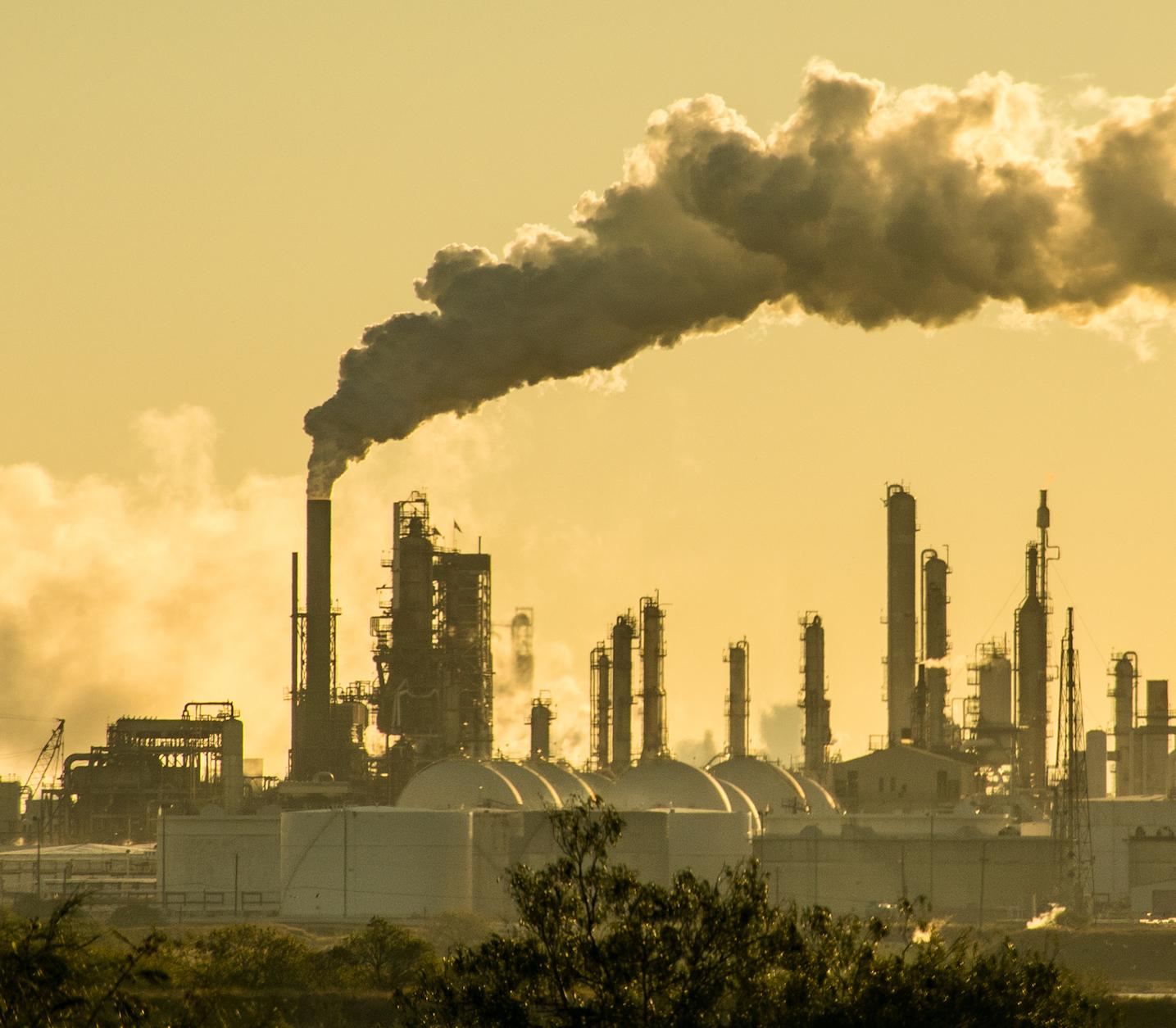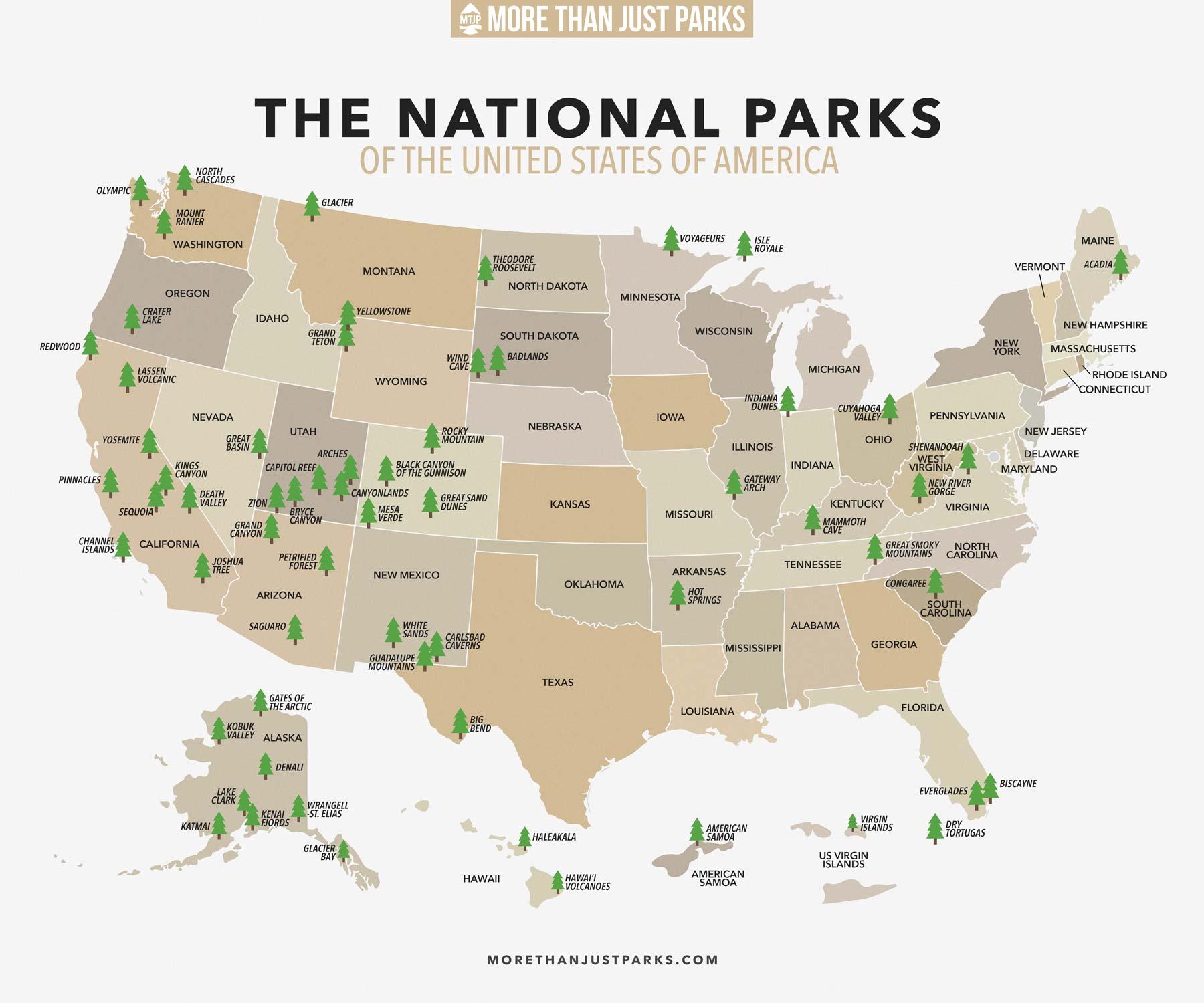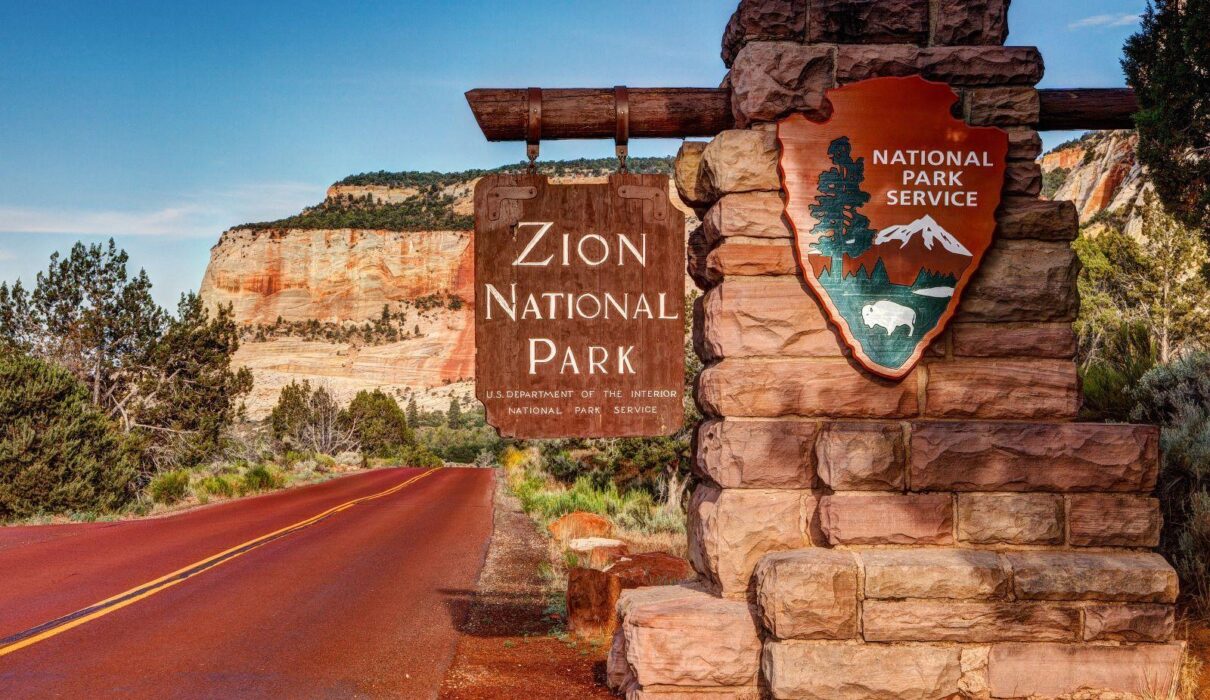Introduction:
In the heart of the american wilderness, national parks stand as vibrant sanctuaries of natural beauty and ecological significance. They are the jewels of our landscape, drawing millions who seek adventure, solace, and connection with nature. However, even these protected areas are not immune to the forces that threaten their existence. Last month, a series of troubling events cast a shadow over some of our most cherished national parks. From the impact of climate change and increased visitation pressures to incidents of vandalism and habitat destruction, the challenges facing these natural treasures continue to grow. In this article, we will explore six of the most significant setbacks that occurred in our national parks last month, shedding light on the urgency of conservation efforts and the collective responsibility we share in protecting these vital ecosystems.
Impact of climate Change on National Parks
The effects of climate change are becoming increasingly evident within the fragile ecosystems of national parks, causing distressing alterations that can undermine conservation efforts and visitor experiences. Elevated temperatures have led to increased wildfires, with parks like Yosemite and Yellowstone witnessing ferocious blazes that devastate both flora and fauna.These fires not only threaten wildlife habitats but also contribute to air quality degradation, impacting both the park’s visitors and neighboring communities. Additionally,changing precipitation patterns have resulted in intensified flooding and altered stream flows,leading to erosion of trails and damage to infrastructure.
Moreover, rising temperatures have prompted shifts in species distributions, with some native plants and animals struggling to adapt. For instance, certain tree species are moving to higher elevations, while others may face extinction if their habitat becomes unsuitable. The delicate balance of these ecosystems is further disrupted by invasive species that thrive in warmer conditions. To emphasize the urgency of these changes,consider the following impacts that have been reported recently:
| Impact | Details |
|---|---|
| Wildfire Frequency | Increased instances of large-scale wildfires across national parks. |
| Species Migration | Native species relocating to higher altitudes due to temperature changes. |
| Flooding Events | Intensified storms leading to trail damage and increased erosion. |
| Invasive Species | Faster growth and spreading of invasive plants disrupting local ecosystems. |

Threats from Human Activity and Its Consequences
Recent human activities have considerably jeopardized the natural integrity of national parks. Deforestation, urban expansion, and increased tourism strain the delicate ecosystems that these protected areas where designed to preserve. Not only do these actions lead to habitat destruction, but they also disrupt the natural behavior of wildlife. As human encroachment escalates, native species find their homes shrinking, frequently enough resulting in a stark shift in biodiversity. The following factors highlight the indisputable connection between human actions and environmental degradation:
- Pollution: Litter, noise, and chemical runoff drastically alter ecosystems.
- Climate Change: Increased carbon emissions from transportation and industrial activities contribute to damaging weather patterns.
- Invasive Species: Visitors frequently enough unintentionally introduce non-native species that outcompete local flora and fauna.
Moreover, the consequences of these threats are far-reaching. Increased wildfires, soil erosion, and water scarcity have been documented, all rooted in the imbalance human activity creates within these environments. National parks are designed to be sanctuaries for nature, yet they frequently bear the burden of human negligence. The following table summarizes some key impacts witnessed in recent months:
| Impact | Example |
|---|---|
| Habitat Loss | Destruction of forests leads to loss of wildlife corridors. |
| Water Pollution | Runoff from nearby urban areas contaminates park waterways. |
| Increased Wildfires | Dry conditions exacerbated by climate change lead to more frequent fires. |

Conservation efforts That Need immediate Attention
The natural beauty of our national parks is under siege, and immediate action is needed to address several urgent conservation issues. Among the most critical are the escalating effects of climate change, which are manifesting in increased temperatures, unpredictable weather patterns, and shifting ecosystems. These changes threaten the delicate balance of wildlife and flora, requiring urgent strategies to mitigate their impact. Pollution control measures must also be intensified, as air and water quality standards are continuously compromised by nearby industrial activities and agricultural runoff, further endangering the habitats within our parks.
Another pressing concern is the invasive species that disrupt local ecosystems and outcompete native species for resources. Parks must develop aggressive management plans to control and eradicate these non-native plants and animals, which can devastate local biodiversity.Public awareness and education campaigns are essential for fostering a conservation mindset among visitors. Additionally,funding for restoration projects is lagging,leaving many areas in desperate need of rehabilitation. Collaborative efforts involving local communities, conservation organizations, and governmental entities will be pivotal in ensuring these natural treasures receive the attention and care they deserve.

Ways the Public Can support and Protect Our National Parks
As stewards of our natural landscapes, the public plays a vital role in ensuring the protection and sustainability of our national parks. Simple actions can make a significant impact.Volunteer opportunities abound in many parks, allowing individuals to contribute hands-on efforts in trail maintenance, invasive species removal, and educational programs. When visiting, consider practicing Leave No Trace principles, ensuring that wildlife habitats are preserved and litter is kept to a minimum. Participation in local park initiatives, such as community clean-up days, not only improves the surroundings but also fosters a sense of community and connection to these treasured spaces.
moreover, advocating for legislative support can help protect national parks from harmful policies and funding cuts. Individuals can influence change by contacting their representatives to express support for bills aimed at conservation and funding for park services. Joining organizations dedicated to park protection amplifies your voice and connects you with others who share your passion. Also, consider becoming a park ambassador through social media; sharing your experiences and encouraging others to visit responsibly can raise awareness about the importance of preserving these natural wonders.
Closing Remarks
As we reflect on the challenges faced by our national parks last month,it is indeed crucial to remember that each setback presents an opportunity for growth and improvement. The stories of degradation, neglect, and environmental threats serve as a poignant reminder of the delicate balance we must maintain in preserving these cherished landscapes.
While these events may paint a sobering picture, they also highlight the resilience of nature and the tireless efforts of advocates dedicated to conservation. By staying informed and engaged, we can contribute to the protection of these natural wonders for future generations. Let us harness the momentum of awareness to advocate for meaningful change and ensure that our national parks continue to be a source of inspiration and beauty.
As we move forward, let’s join hands to safeguard these invaluable treasures, champion responsible stewardship, and foster a renewed commitment to protecting the very heart of our wilderness. Together, we can make a difference.

